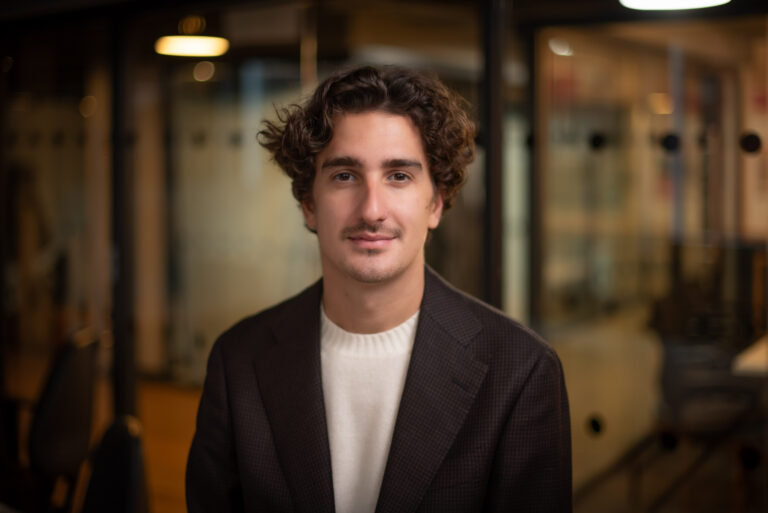Earlier this year, Luka Kokot was named one of UK Tech Insiders’ Top Talents in AI for his work building real-world AI tools for underserved businesses. His middleware platform – developed at BroadVision Technologies – has been quietly reshaping how small and mid-sized enterprises (SMEs) use their data to make smarter decisions.
Now, as the platform expands into new markets and verticals, we caught up with Luka to talk about building usable AI, scaling internationally, and why data without context is just noise.

Q: Luka, since being recognised as a Top Talent in AI earlier this year, what’s been your main focus?
Luka: The focus has been on expanding our AI-assisted middleware into new regions and refining it for broader use across industries. Originally we built it with hospitality in mind, where operations are fast-moving and data is everywhere, but now we’re working with partners in logistics, financial services, and even education. We’ve also added features like natural language queries and predictive analytics that make the tool usable for non-technical executives.
Q: What’s the core problem your platform solves?
Luka: Most SMEs are running five or six different tools across departments. Data is scattered, reports don’t sync, and decisions are based on what feels right – not what the data says. Our middleware solves that. It connects existing systems, pulls the data together, applies contextual AI logic, and gives decision-makers a real-time, unified view of their business. No new ERP, no data warehouse, no huge integration budget.
Q: What’s unique about your approach to AI compared to other tools on the market?
Luka: A lot of AI products are either over-engineered or totally disconnected from business reality. We built ours to be practical, fast to deploy, and industry-specific. And it’s not just “plug in and get charts”, we’ve trained our models to understand what success looks like in different verticals, so the insights are contextual, not generic.
I always say: it’s not about building AI that’s impressive – it’s about building AI that’s useful.
Q: How do you balance building for scale while staying close to the real needs of mid-sized businesses?
Luka: We design everything modularly. You don’t need a team of engineers to get started. A big part of our roadmap has been reducing the barrier to entry for intelligent tooling. It shouldn’t require a PhD in data science to know why your customer churn is rising or why your stock is misaligned.
At the same time, we’re architecting for scale – so if a company grows from 50 to 500 people, the platform evolves with them.
Q: What do you think AI needs more of right now?
Luka: Less noise. More outcomes.
We’re in an AI hype cycle. Everyone’s focused on what’s possible, but not enough on what’s useful. What SMEs need is not another chatbot – they need systems that take what they already have and make it strategic. That’s where I see the biggest opportunity, and the biggest gap.
Q: You’ve led the development of this middleware, but you’re also expanding globally. How are you managing both?
Luka: I split my time between product and expansion. Our engineering and AI teams are based in the UK and South Africa, and we’re onboarding partners in the US and UAE now. I stay close to the product because this isn’t something you can just outsource – context-aware AI requires context-aware leadership.
At the same time, I’m working with clients, alliances, and sales teams to make sure our scale is strategic. We’re growing, but not at the expense of product quality.
Q: What’s next?
Luka: Our middleware is already live across several countries. Next, we’re rolling out industry-specific logic packs – think: pre-trained models and dashboards for different sectors. We’re also launching a self-serve version of the platform for smaller teams and early adopters who want to plug in and go.
Long-term, I want BroadVision to be known not just as an IT company, but as an AI enabler for real businesses. Practical AI. Contextual AI. That’s what we’re building.
Q: Final thoughts for founders or technologists looking to build with AI?
Luka: Start with the outcome. If the AI doesn’t help someone make a better decision or save time, it doesn’t matter how clever it is. Build to solve, not to impress.

